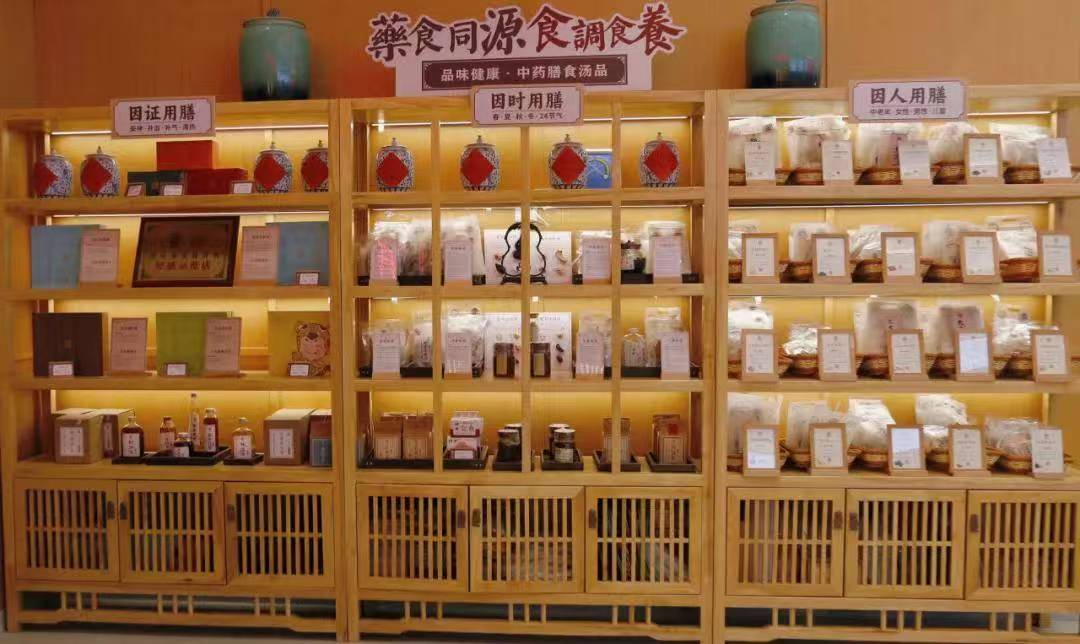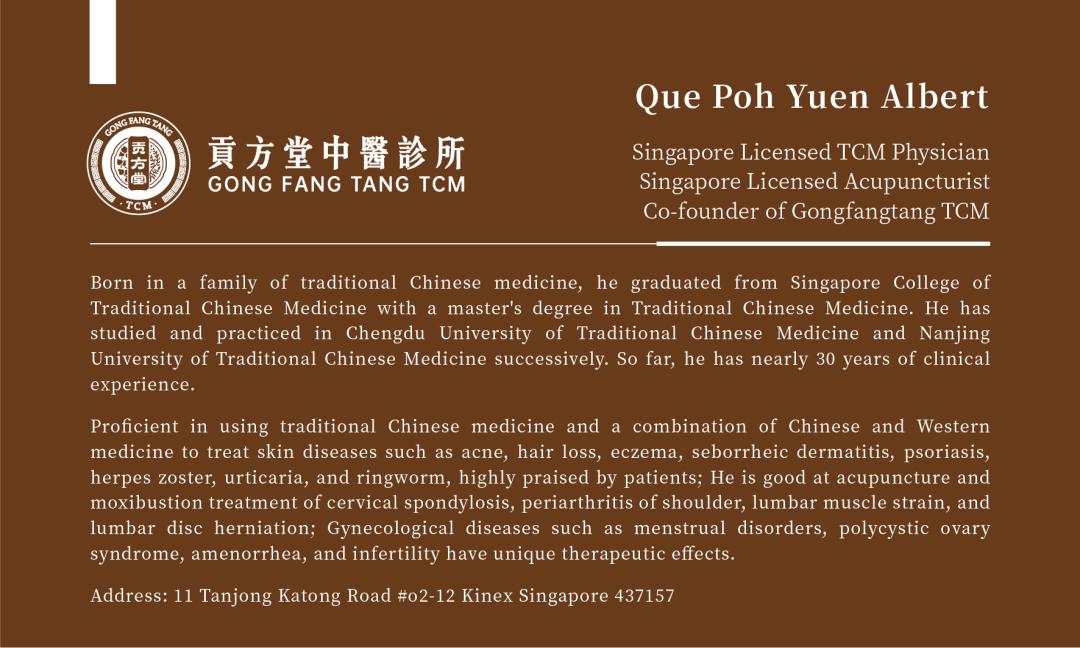- Physicians
- Clinics
- TCM
- Western GP
-
Fees
-
Deals & Privileges
- About & Resources
- Contact Us
Swollen eyelids in the morning, puffy calves in the afternoon, leaving a visible pit when pressed – this could signal edema due to spleen deficiency (Pi Xu). Physician Khoo Poh Loon from Singapore Gong Fang Tang TCM Centre explains: In TCM, "the spleen governs transportation and transformation." When spleen function weakens, the body loses its ability to move fluids effectively, like a water pump without power. Dampness accumulates in the tissues, leading to edema.

Typical Signs of Spleen Deficiency Edema:
Swollen eyelids upon waking, lessening with activity.
Heavy, tired lower limbs in the afternoon, ankles noticeably swollen after prolonged sitting.
Pale, swollen tongue with teeth marks, coated with a white, greasy fur.
Loose, unformed stools that stick to the toilet bowl.
Poor appetite yet weight gain, and constant fatigue.

Three-Step Regulation Approach (Recommended by Physician Khoo Poh Loon, Singapore Gong Fang Tang):
1. Diet: Lighten the Load on Spleen & Stomach
Essential Breakfast: Chinese Yam & Millet Congee (Strengthens Spleen, Dispels Dampness).
Herbal Tea: 15g Dry-fried Yi Yi Ren (Coix Seed) + 10g Fu Ling (Poria) boiled in water (Best consumed in the afternoon).
Avoid: Icy drinks, overly sweet/fatty pastries, sashimi (worsens spleen dampness).
Physician Khoo's Reminder: "Warm foods are crucial during edema. The warmth of hot congee helps activate Spleen Yang."
2. Acupoints: Activate the Body's Drainage System
Zusanli (ST36) (4 finger-widths below outer knee): Knead daily for 5 mins to boost Spleen-Stomach function.
Yinlingquan (SP9) (Depression below inner shinbone): Press with thumb for 3 mins to promote fluid metabolism.
Physician Khoo emphasizes during consultations at Gong Fang Tang: "Applying pressure to these points before sleep leads to noticeable reduction in morning swelling."
3. Habits: Stop Edema at its Source
Sleep before 10:30 PM (Rest when the spleen meridian is most active).
For desk workers: Tiptoe 50 times hourly (Boosts lower limb circulation).
Soak feet with Ai Ye (Mugwort) twice weekly (Water level must cover ankles).
Key Note:
Singapore's hot, humid climate easily damages Spleen Yang. Physician Khoo Poh Loon of Gong Fang Tang specifically points out: "Local edema patients often present with a yellow, greasy tongue coating. Clearing damp-heat must precede tonifying the spleen. Blindly taking tonics worsens the condition." Seek professional TCM diagnosis if edema persists beyond 2 weeks or is accompanied by reduced urine output.
Case Study
Patient: Ms. Liu, 32yrs, office worker, bilateral lower limb edema for 2 years. Pitting was deep and slow to rebound, accompanied by fatigue, swollen tongue with teeth marks.
TCM Diagnosis: Spleen Deficiency with Dampness Accumulation, Qi Stagnation & Water Retention.
Treatment Plan:
Breakfast: Yi Yi Ren (Coix Seed) & Chinese Yam Congee.
Dinner: Winter Melon & Kelp Soup (Low salt).
Internal Formula (Modified Wu Ling San): Fuling (Poria) 15g, Baizhu (Atractylodes) 12g, Guizhi (Cinnamon Twig) 9g, Zexie (Alisma) 10g, plus Huangqi (Astragalus) 20g (Tonifies Qi, promotes urination), Yumixu (Corn Silk) 30g (Enhances diuretic effect).
External Therapy: Daily foot soak with Ai Ye (Mugwort) decoction before bed (Water level above Sanyinjiao SP6). Moxibustion with ginger slice on Yinlingquan (SP9), 3 times/week.
Diet Adjustment:
Feedback:
Week 1: Lower limb swelling reduced by 50%, pitting rebounded faster.
Week 2: Edema essentially subsided, weight decreased by 3kg (indicating improved water-dampness metabolism).

TCM emphasizes pattern differentiation and personalized treatment. Formulas and dosages must be tailored by a qualified TCM physician based on individual diagnosis. Self-prescription is strongly discouraged.